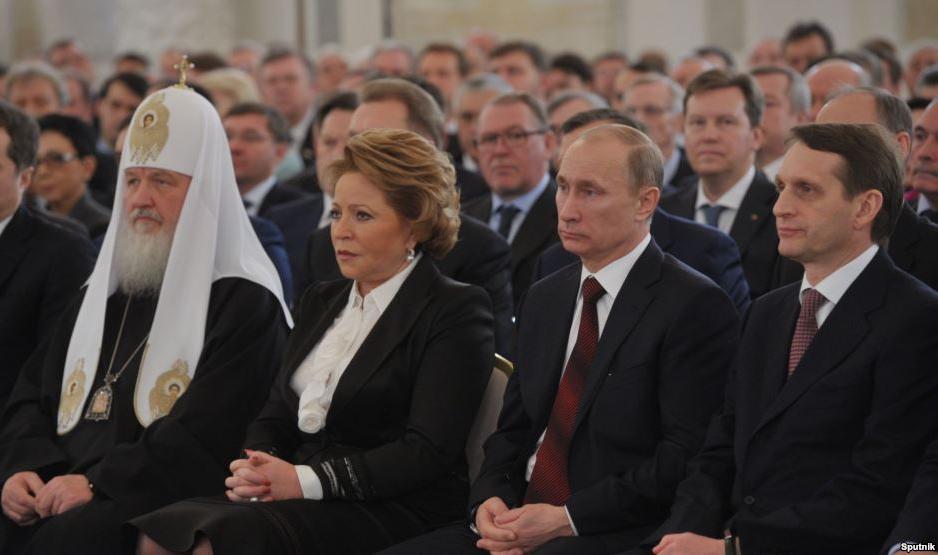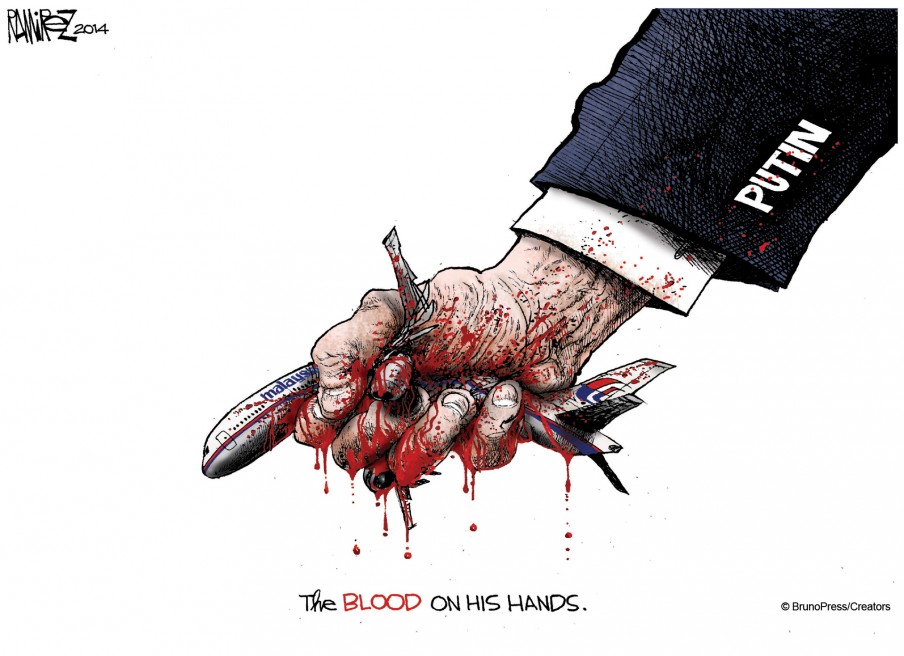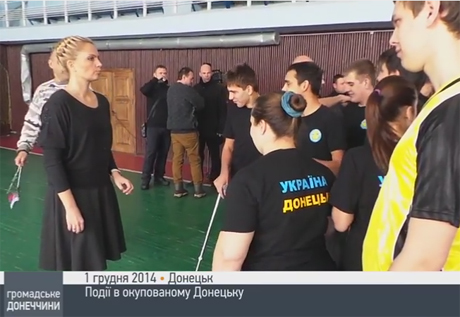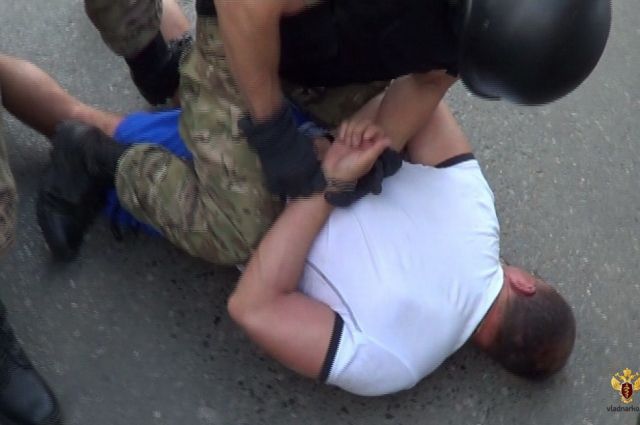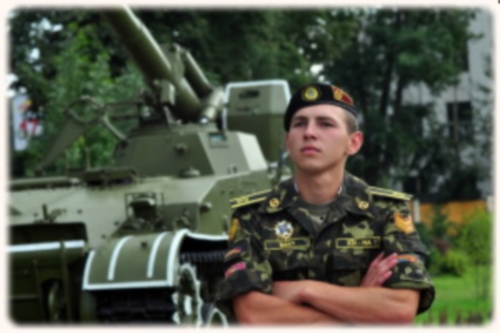Since 1945, Moscow has been involved in approximately 50 military conflicts abroad, most of which it denied at the same but 39 of which Soviet and Russian officials eventually acknowledged and of which are now officially recognized in the Russian law “about veterans,” Yuri Christensen says.
The process by which these conflicts shift from the category of being officially denied to be officially admitted is never quick or easy, but it now appears to be beginning with regard to Vladimir Putin’s actions against Ukraine over the last four years, the Moscow commentator continues.
Speaking at a parliamentary hearing this week on preventing foreign interference in the domestic affairs of the Russian Federation, Federation Council President Valentina Matviyenko in a speech she read made some interesting comments about the nature of hybrid wars in general that open the way to a reconsideration of what Russia has been doing in Ukraine.
“Hybrid wars, the goal of which is undermining the sovereignty of states and the subordination of their domestic and foreign policy has become the reality of our time,” the speaker said. She even cited events in Ukraine. And this is “already progress” because “only one step remains to acknowledge who precisely undermined Ukraine’s state sovereignty.”
Matviyenko also made an intriguing remark about the downing of the Malaysian airliner, MH17. She suggested that the formation of an international tribunal to investigate the shooting down of that plane represented an attempt to interfere in the domestic affairs of the Russian Federation.
Her comments are important for two reasons. On the one hand, Matviyenko who speaks Ukrainian used the preposition “na” instead of “v” which has been the universal practice of Moscow spokespeople since 2014. And on the other, talking about the tribunal as interference in Russia’s internal affairs opens the door to bigger questions.
The notion that the Netherlands tribunal touches on the internal affairs of Russia, Christensen says, is “one step” toward acknowledging that the Kremlin was involved in what the tribunal is investigating. And “after such recognitions will be made, everything will be in its right place.”
“It will become clear who shot down the MH17 and who is conducting a hybrid war against Ukraine,” the commentator says. “These will be one and the same people. All the events of recent years follow in the same logical chain … the Kremlin is conducting hybrid wars” and that will eventually be acknowledged even by Moscow.
In 2000, Christensen concludes, “specialists in hybrid wars came to power in the Russian Federation.” The members of Russia’s Security Council together have 82 years of experience in the KGB and 140 years work in the totalitarian institutions of the USSR. They brought to their new positions these experiences and mindsets.
Putin is one of them, and Matviyenko’s speech brings Moscow closer to an acknowledgement of that as well.
Related:
- Plans for a “Great Serbia” and the Kremlin’s hybrid war in the Balkans
- Like his ‘hybrid wars,’ Putin’s ‘hybrid repressions’ are all too real, Tuomi says
- Russian-hybrid attack on civilians in Krasnohorivka is a form of psychological warfare
- Deception, Disinformation, and Doubt: Hybrid Warfare in Eastern Ukraine
- Russian-hybrid forces kill four civilians in Donbas amid Eurovision grand final
- Russia’s exported “Immortal Regiment” marches accused of being part of hybrid war against Ukraine
- Spoiling Ukrainian-Polish relations: next phase in Kremlin’s hybrid war
- Putin’s ‘hybrid’ recognition of Moscow-sponsored breakaway republics in Ukraine

